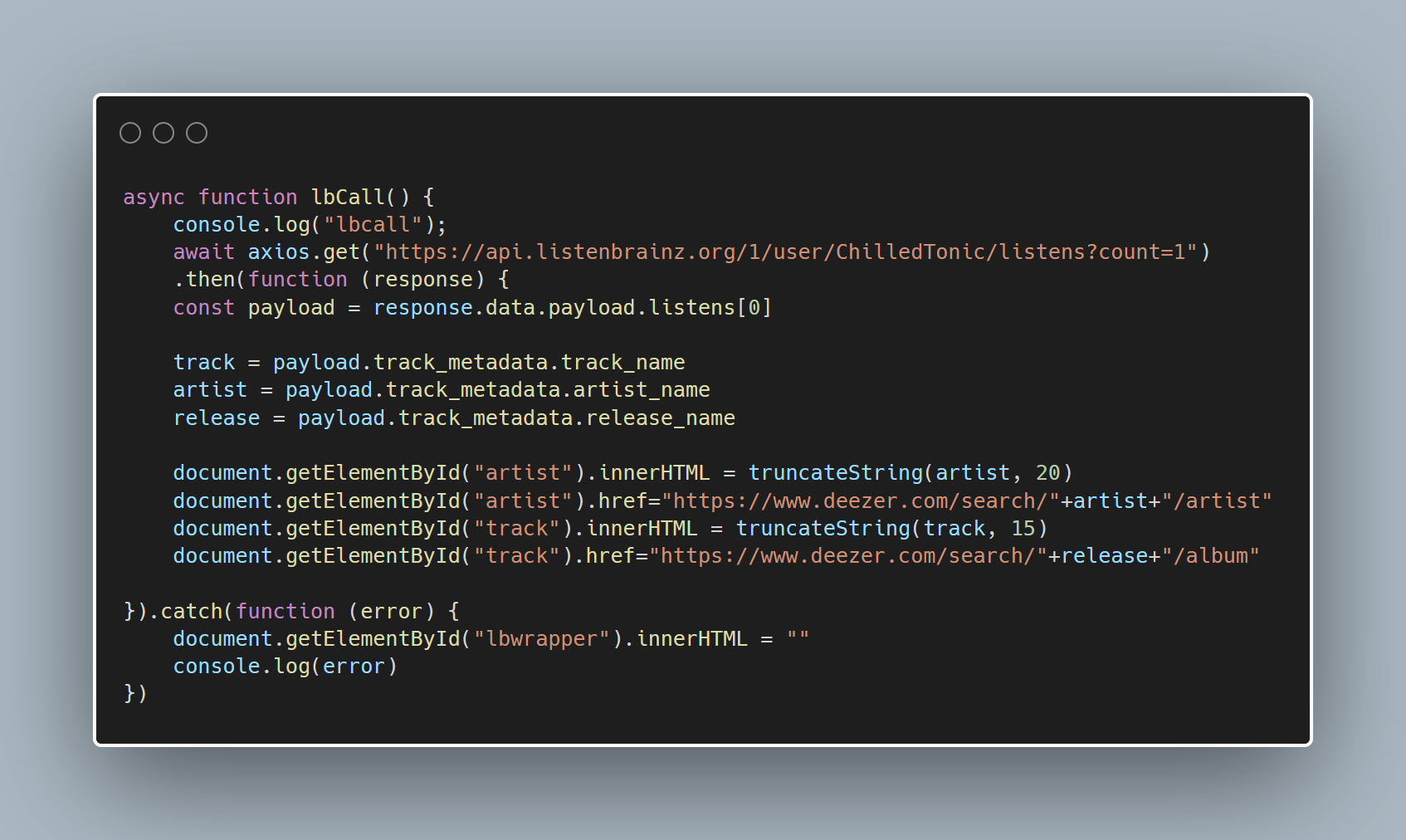Entries Tagged - "guides"
- (Almost) Everything You Need to Run a Blog
We’re living in the cyber dark ages. The primary way most people interact with the internet is through social media. This is the default space people not only listen to others, but also try to make their voices heard - which is sad, because social media isn’t very good for that.
It is liberating to have complete control of your own cyberspace. I’ve been running lagomor.ph, or some derivative of it, for almost ten years, and it’s been an incredibly fulfilling project - Without it, I would have missed out on countless opportunities to express myself and interact with interesting people - the number of friends I have made on account of this blog are countless.
- Digital Minimalism: Kyocera 902KC
In August of this year, I deleted Twitter off of my phone, after what I found to be the final straw after months of garbage policy changes enforced by the rich egg who now owns the site.
While I have been using a minimal smartphone for years - that is to say, a smartphone with as few apps as I “felt possible” (more on that later) - what I found after deleting my main digital narcotic was that instead of spending less time on my phone as I expected, I was instead spending just blankly staring at my phone before either reading the news or finding some other way to waste time.
- The ListenBrainz Widget

A big feature I wanted on this blog was the ability for people to see what music I was listening to right now; and you can see the finished results on the header of this page.
This blog is written in Hugo, which means unlike traditional blog engines, it renders the pages server-side, flat file - no database. These posts are actual MD files.
- Utilizing IRC & DCC As a Filesharing Medium
The concept of Filesharing (and digital piracy) has been around since before even the basic days of the internet - where floppy disks, and, even earlier, rolls of punch-paper, were shared at swap meets.
The Internet, as it is always keen to do, revolutionized filesharing in a big way. Bulletin Board Systems was where shareware began to congregate, where the very idea of the “scene” really began. Eventually, the Scene spread to Usenet, then FTP & FXP. In the late 1990’s, IRC became the system of choice, as development in the DCC protocol made it significantly faster compared to other methods.